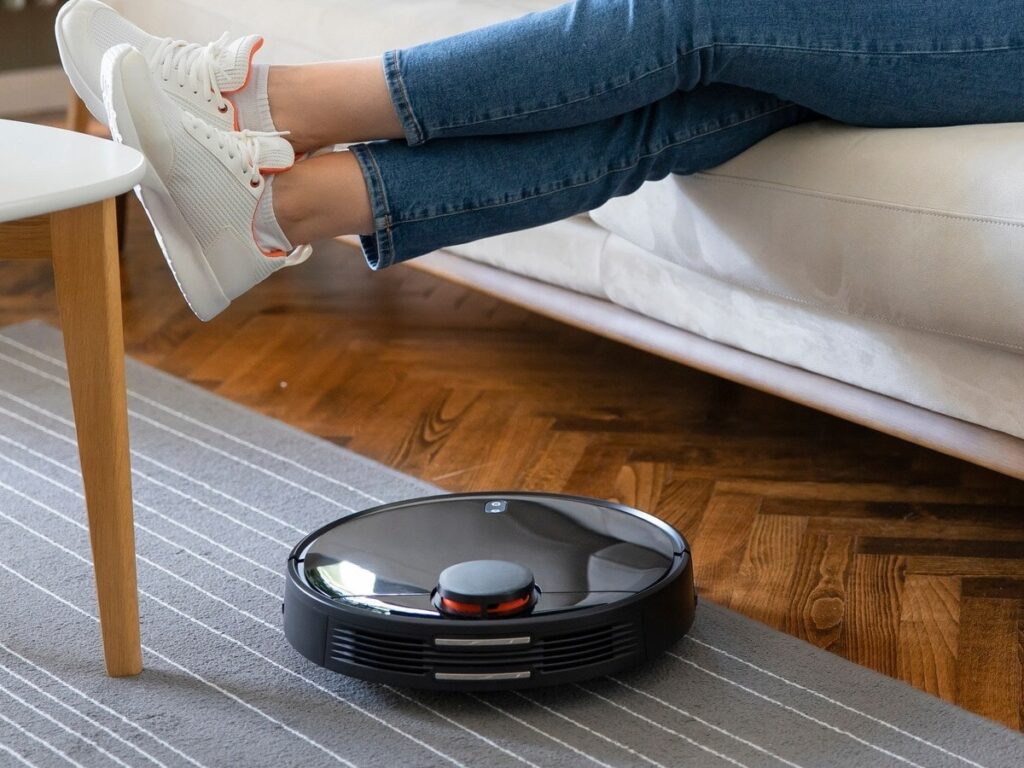In recent years, robotic vacuum cleaners have gained immense popularity in American households due to their convenience and advanced technology. However, a series of alarming incidents have emerged, revealing that these devices have been hacked, leading to unexpected and bizarre behavior. This article explores the implications of such hacks, the technology behind robotic vacuum cleaners, and preventive measures for consumers.
Understanding Robotic Vacuum Cleaners
Robotic vacuum cleaners are autonomous devices designed to clean floors with minimal human intervention. They utilize various technologies such as sensors, navigation algorithms, and artificial intelligence to perform their cleaning tasks efficiently. However, their connectivity features, which allow users to control them via smartphone apps or smart home systems, also make them vulnerable to cyber threats.
How Do Hacks Occur?
Hacking incidents can occur through various methods, including:
- Weak Passwords: Many users fail to change default passwords, making it easy for hackers to gain access.
- Unsecured Wi-Fi Networks: If the vacuum is connected to an unsecured network, hackers can exploit this vulnerability.
- Malware: Downloading malicious software can introduce vulnerabilities that hackers can exploit.
Implications of Hacked Robotic Vacuums
When a robotic vacuum cleaner is hacked, it can lead to a variety of unsettling consequences, such as:
- Privacy Breaches: Hackers may access camera feeds or user data stored in the device.
- Inappropriate Behavior: As reported, some vacuums have started behaving erratically, including making unsolicited comments or noises.
- Device Malfunctions: Hacked devices may not operate as intended, leading to malfunctions that can cause property damage.
Preventing Robotic Vacuum Hacks
To safeguard your home and ensure the security of your robotic vacuum cleaner, consider these preventive measures:
- Change Default Settings: Immediately change the default username and password after installation.
- Keep Software Updated: Regular updates from manufacturers often include security patches.
- Secure Wi-Fi Network: Use strong, complex passwords for your Wi-Fi network and enable encryption.
- Monitor Device Activity: Regularly check the app for any unusual activity and unauthorized access.
Conclusion
The rise of hacking incidents involving robotic vacuum cleaners is a stark reminder of the vulnerabilities inherent in smart devices. While technology offers convenience, it also presents challenges concerning security and privacy. By taking appropriate precautions, users can enjoy the benefits of robotic cleaning without falling victim to potential hacks. Awareness and proactive measures are key to ensuring a secure smart home environment.
